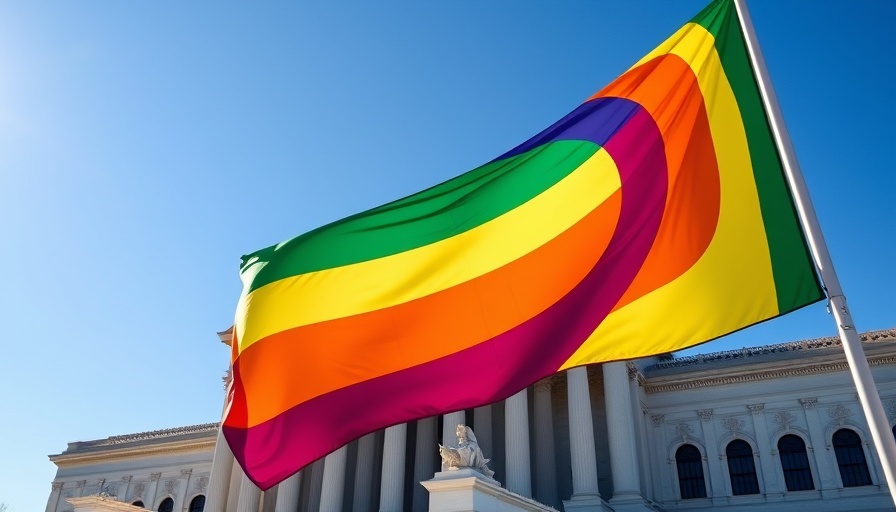
Supreme Court Faces Potential Challenge to Marriage Equality
The U.S. Supreme Court may soon revisit the landmark 2015 decision that legalized same-sex marriage across the nation, sparked by a new petition from Kim Davis, a former Kentucky county clerk. Davis gained national attention for her refusal to issue marriage licenses to same-sex couples, leading to a contentious legal battle that included her brief imprisonment. Now, she seeks to overturn the Obergefell v. Hodges decision, which solidified marriage equality.
Justice Thomas's Remarks Raise Alarm
In a recent opinion, Justice Clarence Thomas suggested the court should reconsider previous rulings in light of his views on substantive due process. He categorized these decisions as ‘demonstrably erroneous’ and implied a legal obligation for the court to correct its past errors. This aligns with Davis's petition asking for First Amendment protections to shield her from legal responsibility for her actions as a clerk.
Current Climate on Marriage Equality
The conversation surrounding same-sex marriage remains timely and relevant as public opinion fluctuates. A recent Gallup poll shows that while 68% of Americans support marriage equality—up 10 points from shortly after Obergefell—the decline in Republican support (dropping from 55% in 2021 to just 41% now) highlights the shifting political landscape. Legal experts speculate that this shift could influence the Supreme Court's decision-making processes if they choose to hear Davis’s case.
Implications If Obergefell Is Overturned
If the Supreme Court were to rule in favor of Davis, the implications could be profound, affecting various legal precedents surrounding marriage and civil rights. According to the Movement Advancement Project, numerous states still have marriage bans on the books. Overturning Obergefell would revive these laws, placing many same-sex couples back into legal uncertainty regarding the validity of their marriages.
Why This Matters for Civil Rights Attorneys
The fallout from potential changes in marriage equality law is crucial for civil rights attorneys who advocate for LGBTQ+ rights. Understanding the nuances of the legal arguments involved and the shifting societal attitudes will be vital in preparing for future cases and legislation aimed at protecting or challenging these rights.
While there are splits in political and public opinion regarding same-sex marriage, legal professionals must remain vigilant, as the landscape may change dramatically depending on this Supreme Court decision. Advocates must also prepare strategies in anticipation of potential repercussions in the legal framework supporting marriage equality.
Take Action: Civil rights attorneys, now is the time to engage your community around issues of marriage equality. Stay informed on developments, build coalitions, and continue to advocate for equal rights at every level. Your voice matters in the fight for justice.
 Add Row
Add Row  Add
Add 




Write A Comment